Buying Building Materials: Quantities, Quality & Lead Times
When choosing the the building materials for your new project, you may encounter both a lot of excitement and a lot of questions. For example, how much of each material do you need and, how far in advance do you need to buy them?
With the immense options available, the decision-making process can be one of the hardest elements of the build process. And, alongside the choices, the number of decisions needed to be made in a short space of time can also be somewhat overwhelming.
But, this shouldn’t take away from the joy that putting together your project will bring – after all, this is the stage when you’ll really start to see how your build is going to look.
While many of the structural materials involved will be determined by your architect or designer, your choice of finishing materials will have a massive effect on how your new home looks, feels and operates.
So, it’s worth taking your time to really consider all the factors that come with the various materials, from hidden costs and getting the best quality, to knowing your lead times and where to store your goods.
Who Can Help ?
The best way to approach specifying the materials for your project is to leave it up to your builder. These people have extensive knowledge about what would work best across a variety of projects, so take their guidance. After all, that’s the way that most speculatively built housing is managed in the UK.
However, as a self builder I’m assuming you’ll be looking at getting something better in terms of both quality and performance.
Your architect or designer will be up-to-speed with new materials and have access to product guides that list the best available options and suppliers.
This becomes particularly important when building a high-performance home, such as one aiming for Passivhaus standards, where the suitability of materials is critical to achieving certification. You can also employ the services of a quantity surveyor (QS) to assess all the materials you require, their price and the likely cost to fit them.
Planning your self build project but don’t know how much it’ll cost you? Read our guide to How Much Does it Cost to Self Build a House in 2023?
How Builders’ merchants Can Help
These shops may not look as chic as some high street retailers, but the principles are the same, if not better. Under these merchants, the more you spend the better the service and potential discounts are likely to be – a win for both parties.
To attract your business, many merchants will offer a take-off service whereby you give them your plans and their own QS team will calculate the materials you need, what they will cost and, of course, offer to provide them for you.
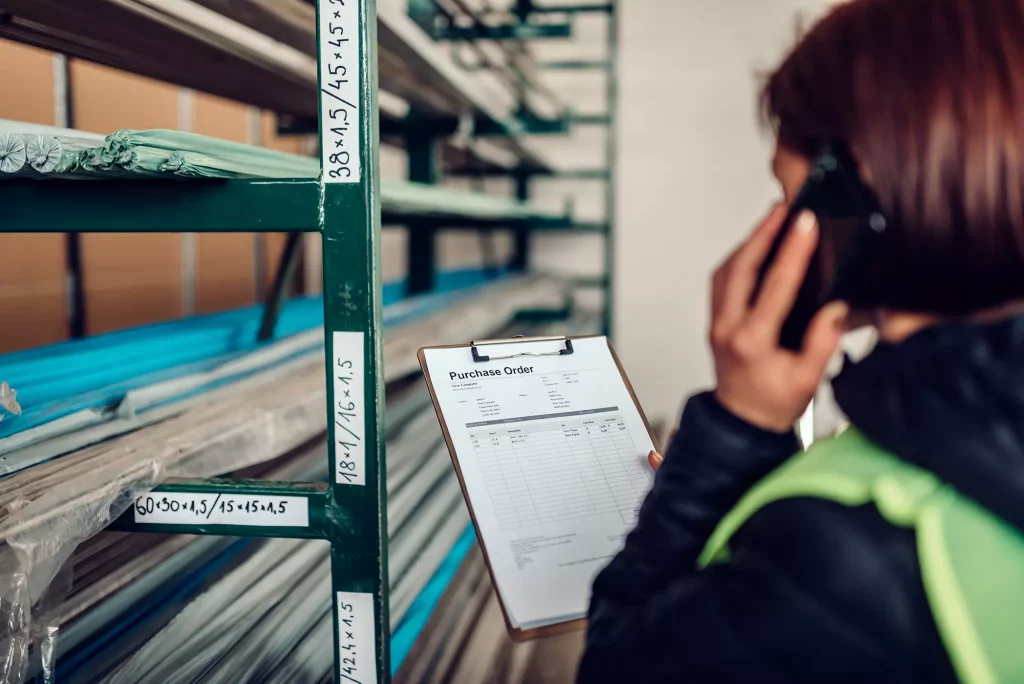
Builders’ merchants are a great resource for self builders where you can make use of bulk order discounts
They may also throw in incentives such as paying for things like airtightness checks to tempt you in, which can be really useful down the line. Building a good relationship with these merchants throughout your project will most likely become an advantage, so make use of their hands-on knowledge and experience.
Ensuring Quality Materials
Ensuring that you are beginning your project with quality building materials can sometimes be difficult, as you may not know until you begin to use/install them.
Many of the materials you need will be decided by your architect or designer and could be determined by the specification rather than aesthetics. For example, roof trusses, joists, blocks, structural panels and timber frames will be researched and correctly budgeted to guarantee their quality, as these could make or break the job at hand.
However, you will be able to have an input regarding the visible materials, as these will have a direct impact on the perception of quality and style you are trying to achieve.
While the planners will have the final say on external materials like windows, doors, external wall finishes and roof coverings, you can argue for what you would wish to have with good reason. And, assuming your choices are in keeping with any planning conditions and the local vernacular, the planners will usually look to support your preference.
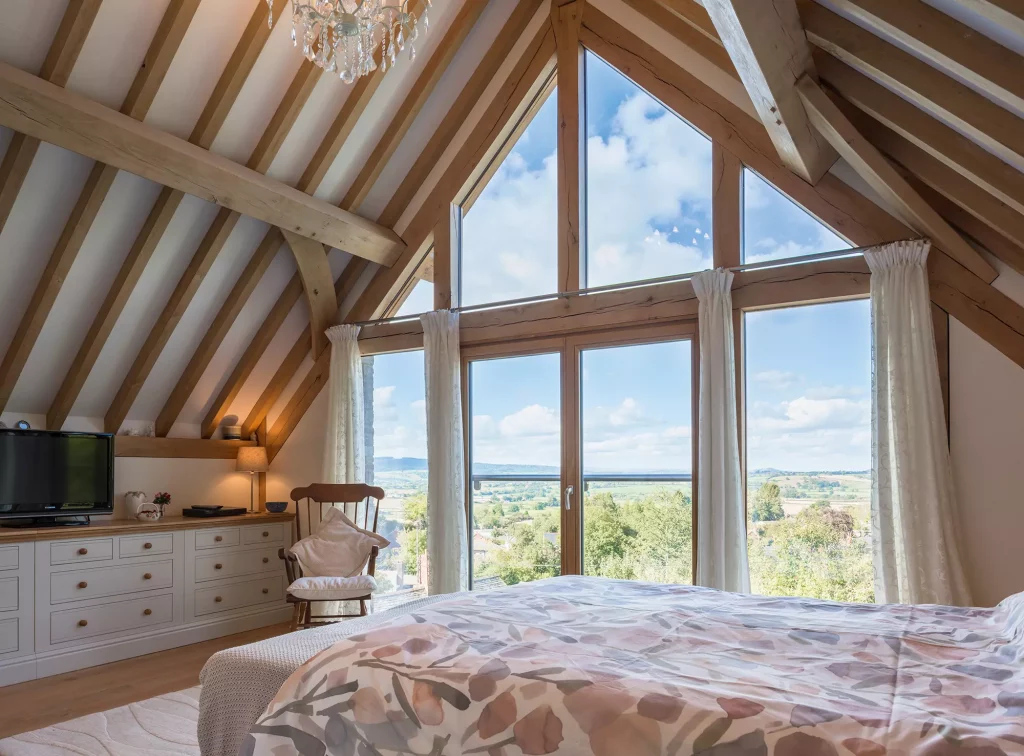
The striking glazed gable in this Welsh Oak Frame home offers amazing views of the surroundings, but be wary that your style of glazing may be dictated by planners
These big ticket items, along with staircases, are materials that you would only expect to buy once as they should last the life of the property. So, spend wisely and get the best quality option you can afford within budget.
Of course, if your budget can stand it, you can buy what you wish, but in my experience, most of us are trying to make a modest budget work very hard, so some compromises are inevitable.
Kitchens and bathrooms always look good when new, no matter what they cost and are relatively simple to replace according to change in preferences and requirements.
So, my advice is to always spend what you can on the major items listed above and resist the urge to splash out on designer trends that may lack aesthetic longevity.
Delivery & storage: what to considerBuild schedule A comprehensive schedule that governs the timing of deliveries and works, is vital to keep your project on time and to budget Access If your plot doesn’t have adequate access for articulated lorries and plant vehicles, you’ll have hefty delays on site. Worse still, your local authority has the right to decline planning approval where it deems that suitable access can’t be guaranteed Plant Check whether you need forklift trucks or cranes for unloading bulky materials, and ask whether your merchant is able to supply this service free of charge Receiving goods Always ensure there’s someone available to accept deliveries – otherwise expensive materials could be dumped anywhere on site, or being taken back to the depot. Keep a log of all deliveries, including details such as the product and quantity delivered, company and driver name Security Theft and bad weather are the bane of building projects, so secure storage is a must for everything from materials to tools. That could mean anything from a lockable garage to sturdy site fencing. Get suitable self-build insurance in place, too. |
How Much of Each Material Should I Order?
Getting the quantities of your building materials right can sometimes be difficult, and although miscalculations and over-estimations are common, they can still be costly.
I always advocate using supply and fix terms when hiring electricians and plumbers because they can fit and charge solely for the materials needed and they will have all the essentials in the back of the van.
Sure, they may be making a mark-up on products they provide, but you get the security of knowing if it needs fixing under warranty, the trade will sort it out for you.
On the other hand, if you bought the materials yourself, you will be responsible for any mishaps and could end up with a garage full of surplus materials after failing to estimate the correct quantity of supplies.
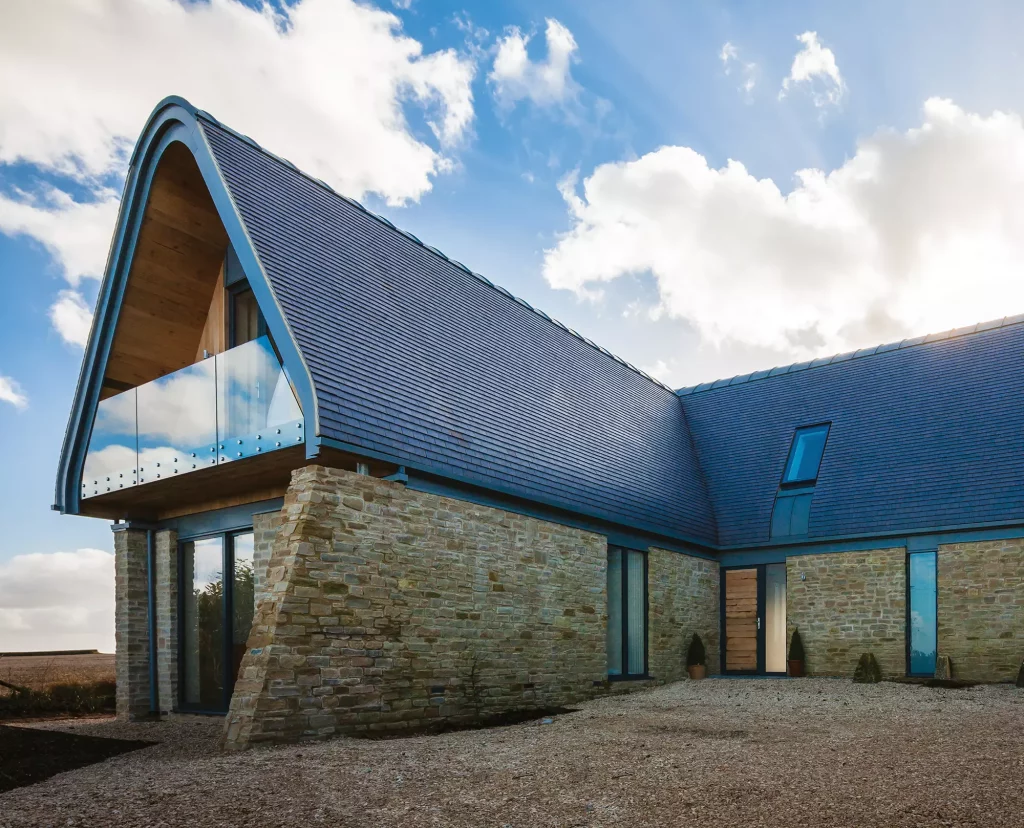
Machine-made Staffs blue smooth faced tiles from Dreadnought Tiles
When it comes to bricks and tiles, don’t be tempted to scale and calculate directly from your set plans, buying only the precise amount for the job at hand.
Tiles, blocks and bricks can break in transit, some will need to be cut and others will be spoiled or damaged on site, so make sure you over-order by at least 10% to allow for wastage.
Allow more for reclaimed materials, say 15%, as they tend to be more fragile, and finding suitable matches to what’s already been purchased can be challenging if you run short.
Read More: Building with Brick
How Can I Avoid Additional Costs?
It’s so easy to get carried away with your material choices. Falling in love with a designer bathroom suite, for instance, can add thousands of unnecessary pounds to your budget, when a contemporary and unbranded product will look and function just as well for a few hundred.
Remember that increased complexity of design will directly mean a direct boost in material costs. This is because you will need more of the expensive details and junctions in areas requiring guttering, roofing or plumbing, to name a few.
You should also be aware of bespoke material costs. Modern manufacturing companies are geared for computerised design and manufacture, so all the products in their catalogue can be selected and produced by using a simple design programme and pushing a button.
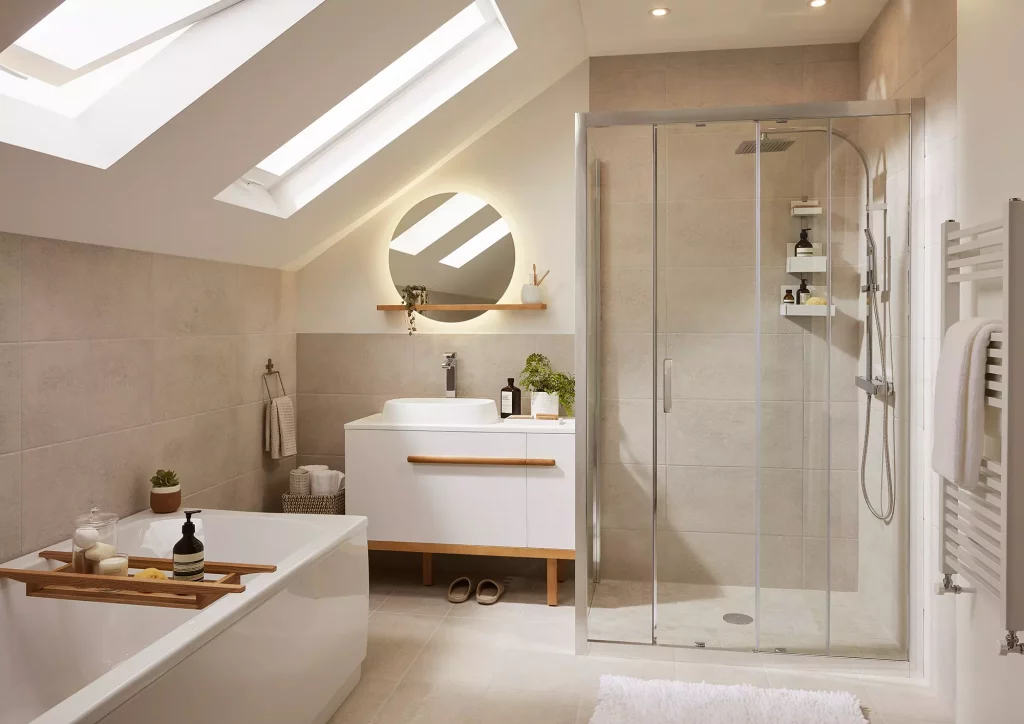
Expensive bathroom suites can be tempting, but you shouldn’t stretch your budget for elements that are difficult to change. The Ladoga bathroom cabinet range from B&Q is stylish and won’t break the bank
If you want something outside of this, then the additional cost of human intervention in the design and manufacturing process can add to the cost significantly. This is often the case with additions such as windows and doors, but also internal fittings such as bespoke kitchens or bathrooms.
Purchasing Materials Online
Of course, the internet is changing how we purchase goods, and for self builders and renovators, shopping online has revolutionised how we buy building materials.
The internet has made things better in this respect by making the pricing of materials much clearer, which is useful for new builders or those with little experience. You are also able to take your time with research, weighing up your options instead of perhaps making a rushed decision and regretting it later on.
Builders’ merchants of old were mysterious places where you only knew what you would actually be paying once the docket was printed out and any discounts applied.
Quick guide: lead times for key building materialsReady-mix concrete: 1 week (this is pretty much available on demand, but a week’s notice will certainly be helpful in busy times) Blocks: 2 weeks (but lightweight blocks might take longer due to shortages of raw material – allow a month for these) Bricks: 4 weeks (but it depends what you’re after – handmade bricks could take much longer, so always check with the supplier) Timber frame house shell: 6-12 weeks Truss roof: 2-3 weeks Standard roof tiles: 2 weeks Standard windows & doors: 4-5 weeks |
Innovative web-based companies such as Roofing Superstore have opened up the market, meaning you can now find just about everything you need in one place along with an accurate idea of that it’s going to cost.
Although, purchasing building materials online can have its drawbacks. There’s still no substitute for seeing and feeling materials in person, and sending back a truck load of roof tiles because they are not what you thought you’d ordered is expensive and time consuming.
While construction has been slow to move to online retail models, as with the high street in general, the savings in overheads will make this method irresistible to suppliers. So, you can expect to be buying a lot more this way in the future.
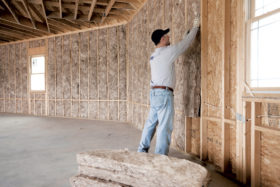
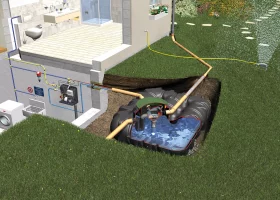


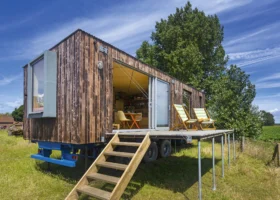
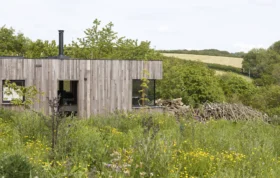

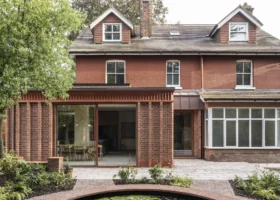
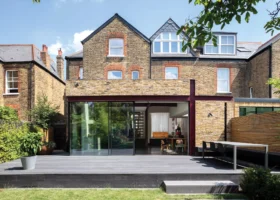




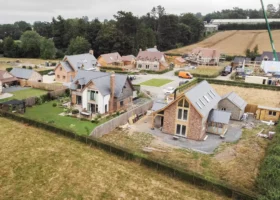



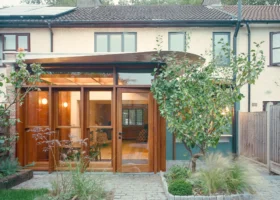
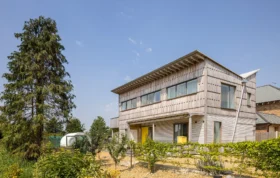
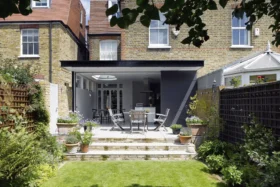

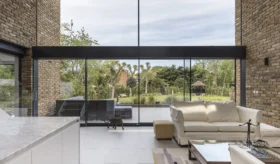

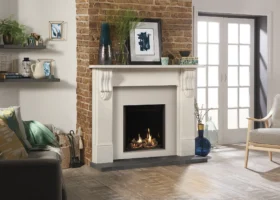
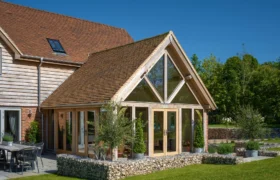

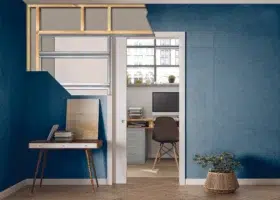








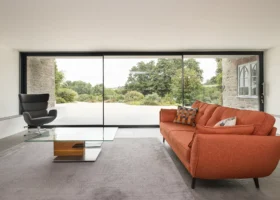



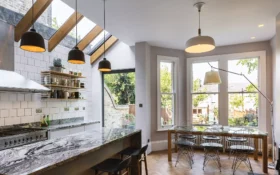


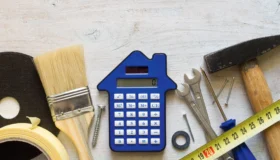
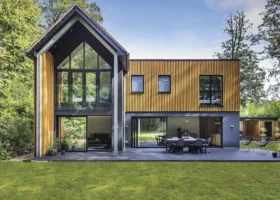
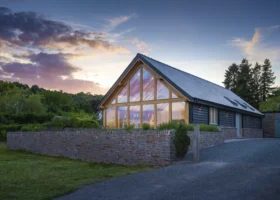
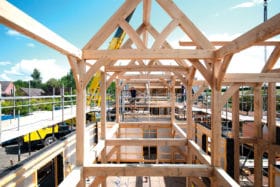
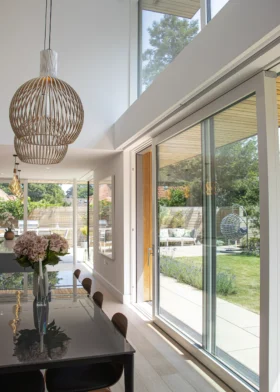
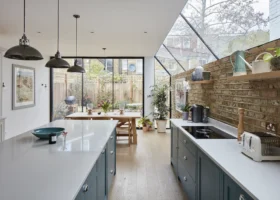

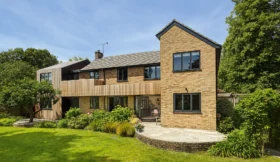

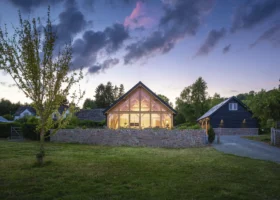

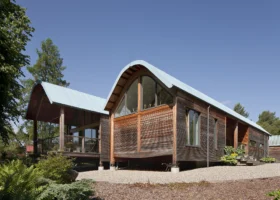
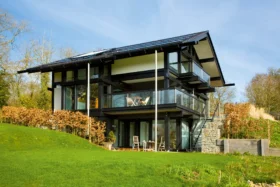



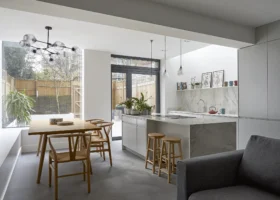

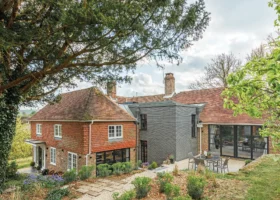

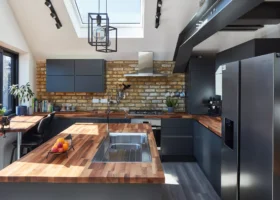

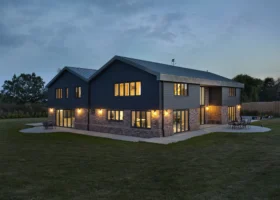






















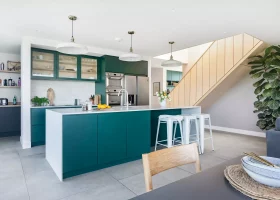









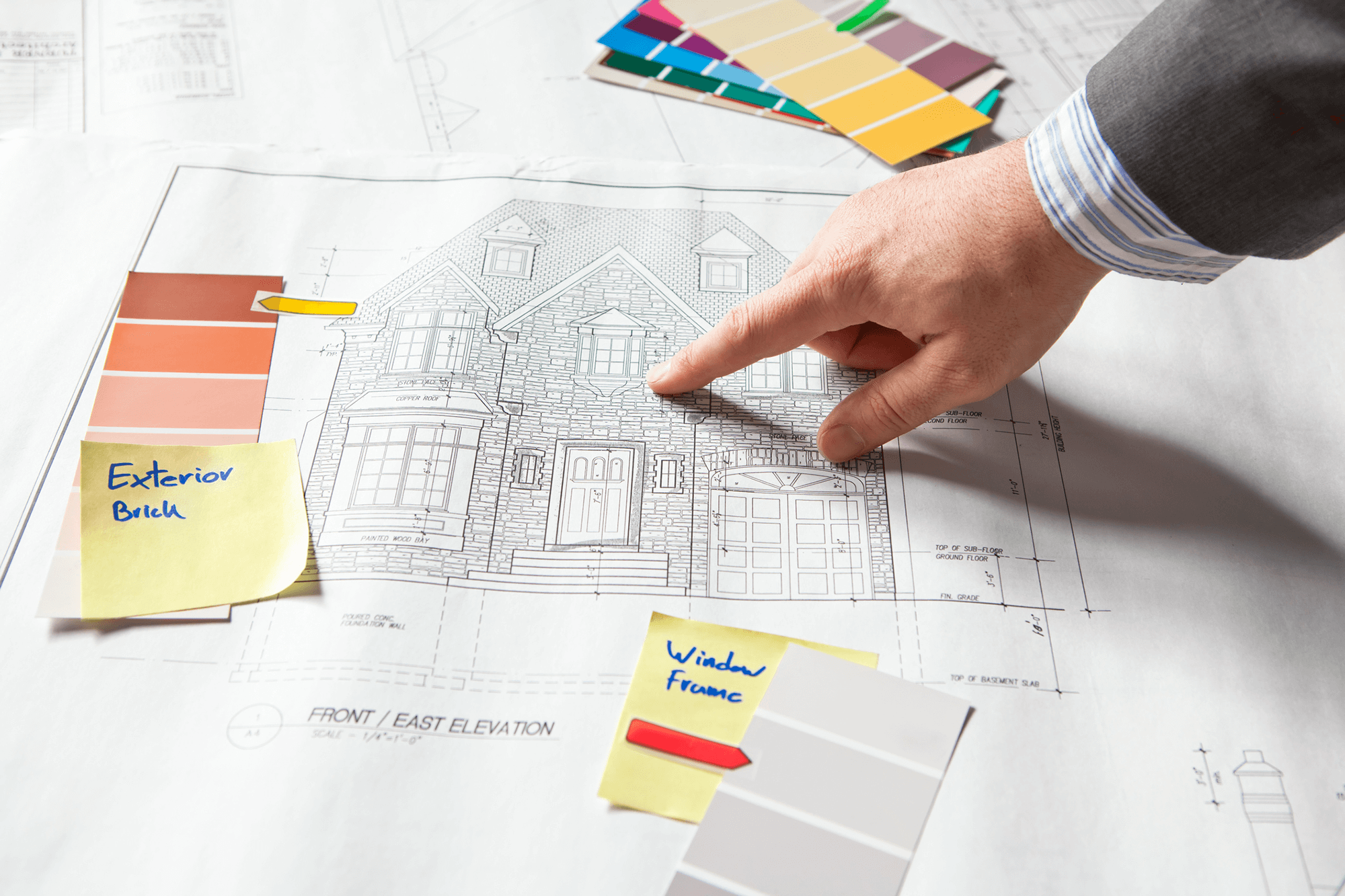
 Login/register to save Article for later
Login/register to save Article for later

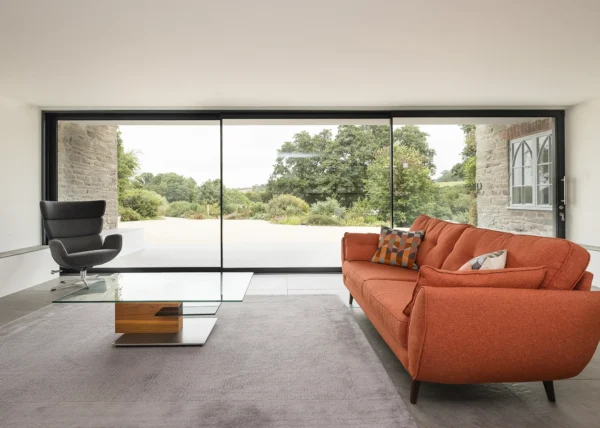

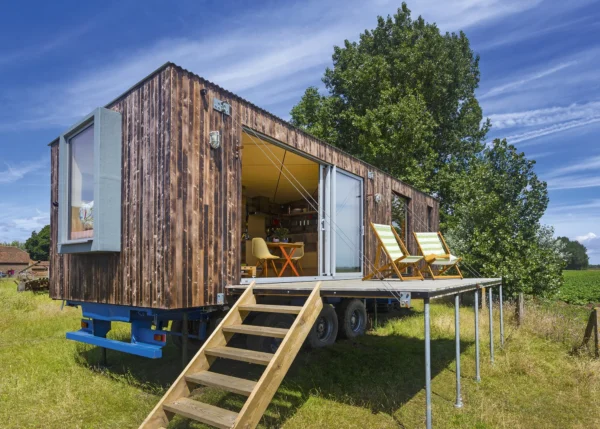
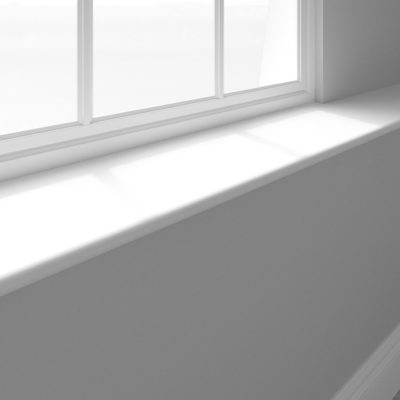
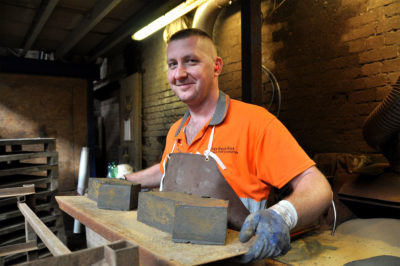







Comments are closed.